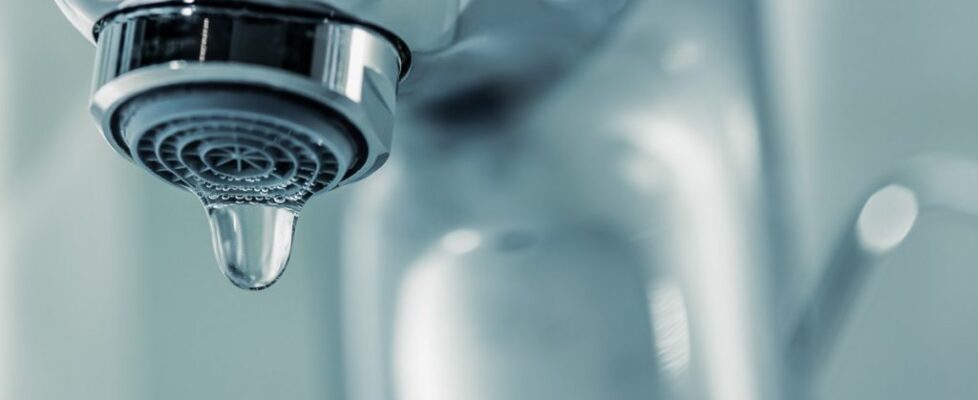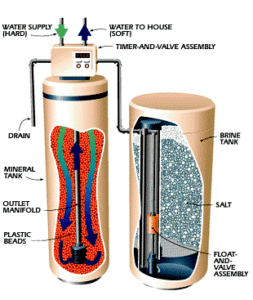How Water Softener Works
Water is a major component in both human, animal and plant life. People require water to carry out their daily activities including; cleaning, watering, cooking and even drinking. Either way, human beings require water to drink in order to increase their productivity. Nevertheless, plants need water in order to ensure germination and healthy growth hence ensuring that both people and animals live. Therefore, there are two types of water namely; hard and soft water. Soft water is normal water that do not contain chemical impurities. The other type of water is hard water that contains a lot of calcium and magnesium. Hence making it difficult for use as it is considered contaminated. It is therefore important to use water softener.
Effects of hard water
Hard water contains too much calcium, magnesium and other minerals. It is actually very hard to use hard water in that state. This is because it leaves white spots to cleaned utensils, leaving the owner with worries and little confidence on its use.
Hard water needs to be dissolved before doing laundry. This therefore requires that the user has to buy both quality and high quantity detergent and soap to allow better washing happen, therefore incurring a lot of expenses. Moreover, clothes washed using the common washing machine leaves curd with fiber garments, making them rough.
Furthermore, hard water affects personal grooming whereby if one takes birth, a film of sticky soap curd on the skin is left hence, preventing effective removal of such dirt as soil and bacteria that will interfere with the victim’s skin leading to skin irritation.
Another effect of hard water is that sinks and washing machines can easily get blocked by the scale that forms on its sides after cleaning and therefore incurring a lot of costs to ensure repeated plumbing and fixing
Solution to effects of hard water (using Water Softener)
The best solution of getting rid of the stated effects of hard water is by eliminating the two impurities, this are, calcium and magnesium. The best way to go about this is by the use of water softener, other than use of chemical treatments. Water softener ensures that ion exchange takes place, where hard water goes through resin bed, the softening system. Therefore, the positive ions contained in calcium and magnesium is removed, hence allowing soft water to flow. Once the resin bed fills up, it has to be cleaned again by use of salt so that the process can begin again.
Facts about hardness of water
Hard water is measured using Grains per Gallon. 1 GPG of water is considered soft whereas water from 60 to 120 GPG is moderately hard and water above 100 GPG may not be completely softened. Therefore companies that sell water softening tools should provide test kits that assist in determining the level of hardness.
Health matters
Hard water that has sodium remnants after softening possess a great danger to someone suffering from blood pressure since it contains salt. Such people should opt to use sodium free salt. This is, potassium chloride which is highly expensive compared to normal salt.


